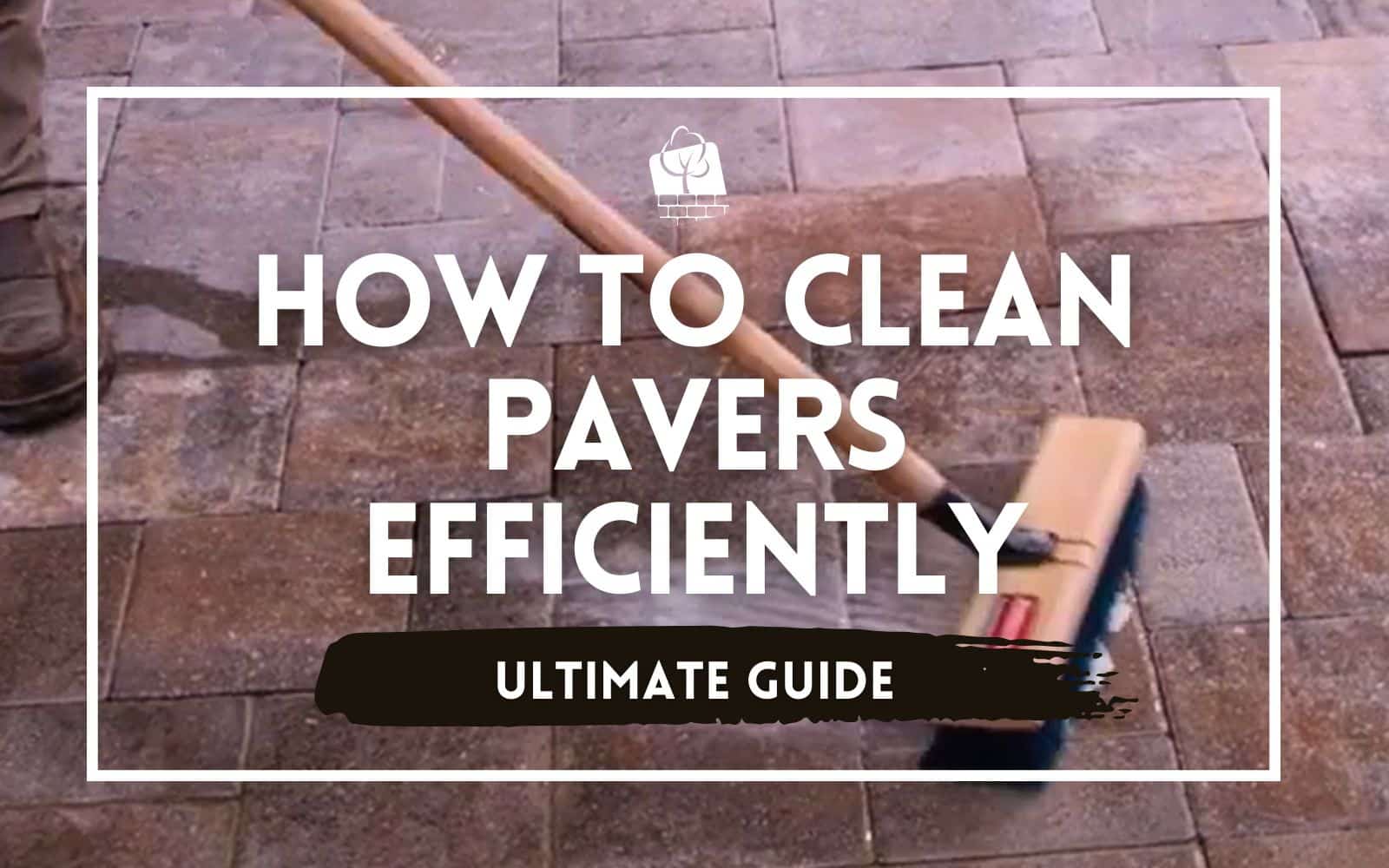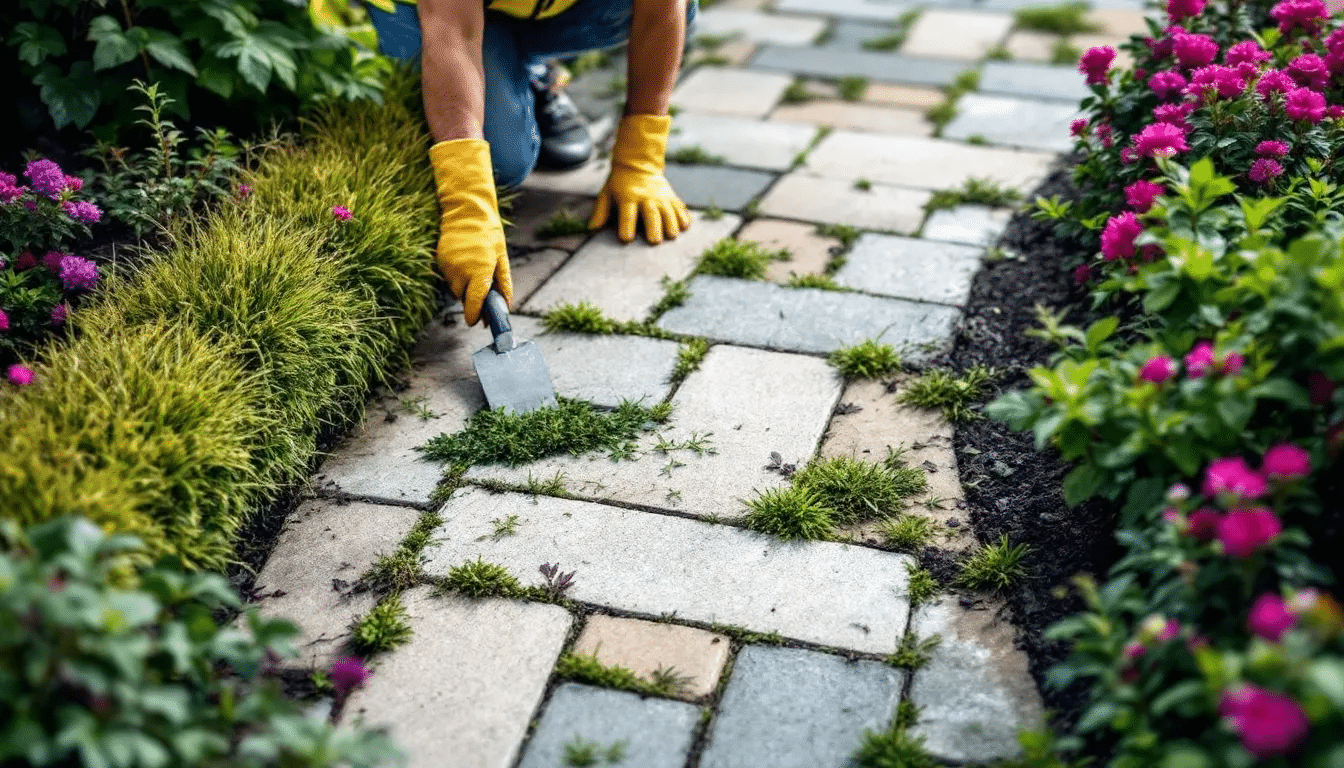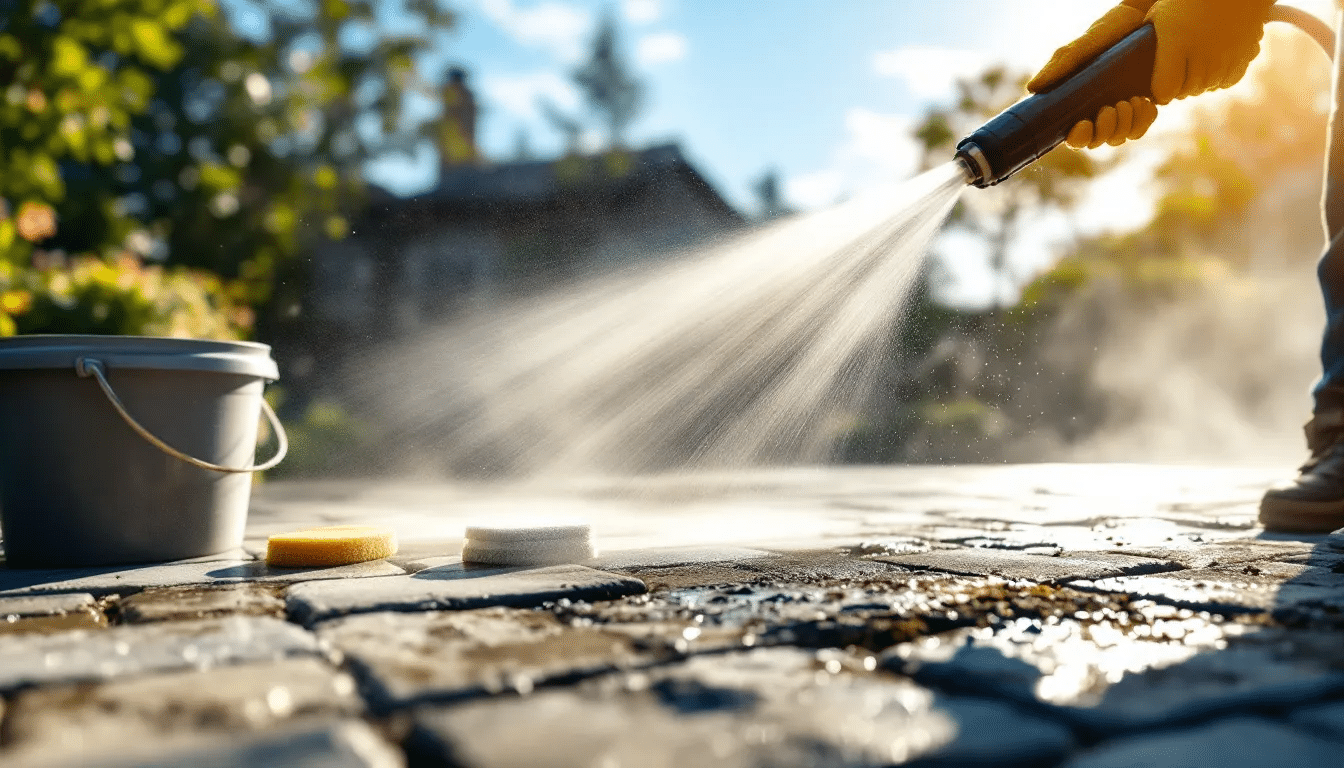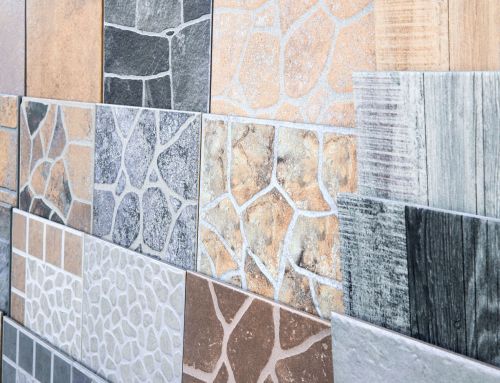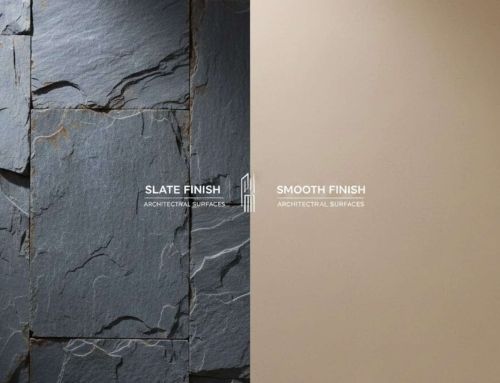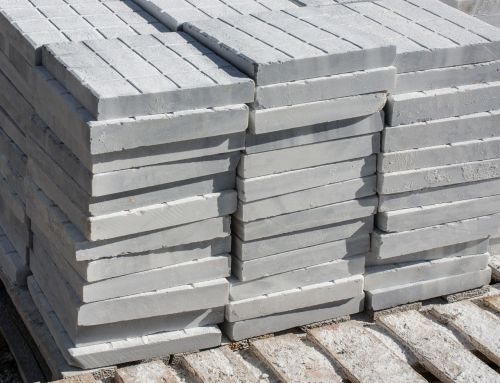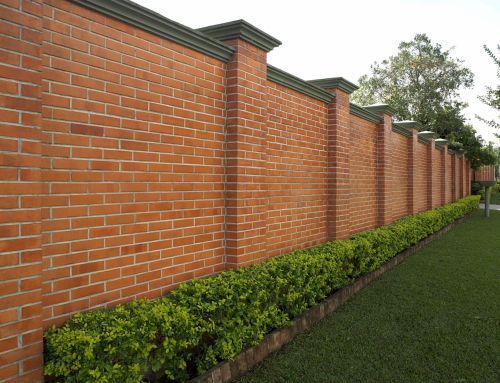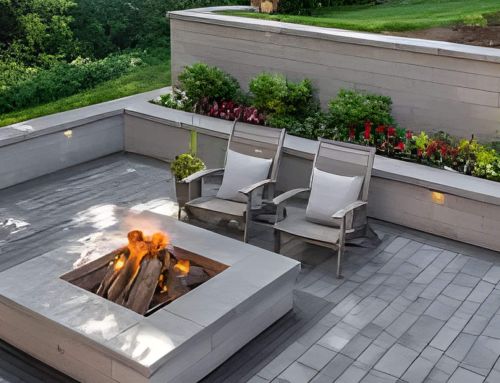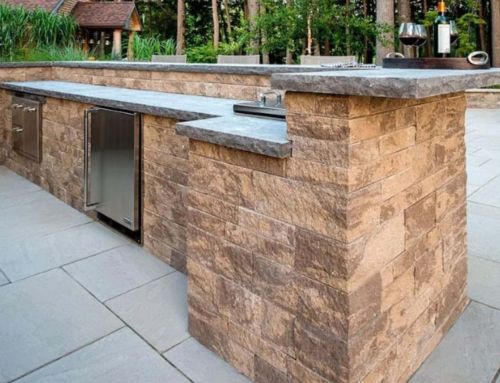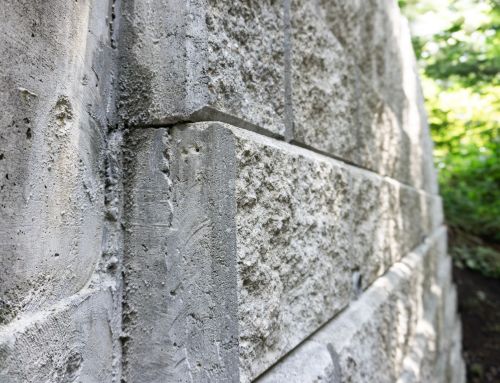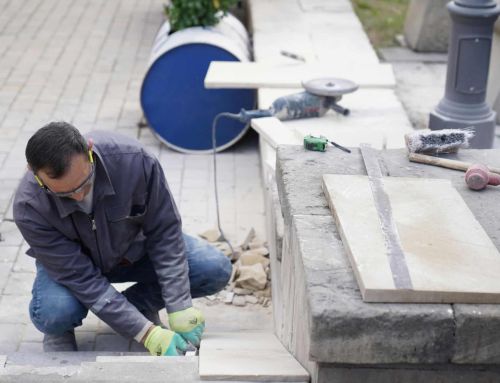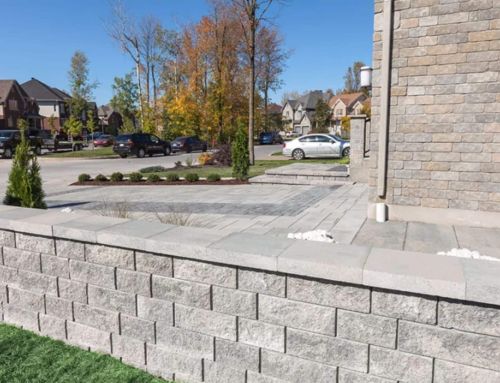Wondering how to clean pavers effectively? This guide provides step-by-step instructions covering everything from preparation to deep cleaning. Learn how to make your pavers spotless using different methods including washing, scrubbing, and pressure washing.
Key Takeaways
- Properly prepare your paver surface by clearing the area and inspecting for damage to ensure effective cleaning.
- Managing weeds and vegetation through manual removal and weed killers is essential for paver maintenance and longevity.
- Regular sealing and professional cleaning services contribute to the durability and aesthetic appeal of your pavers.
Preparing Your Paver Surface for Cleaning
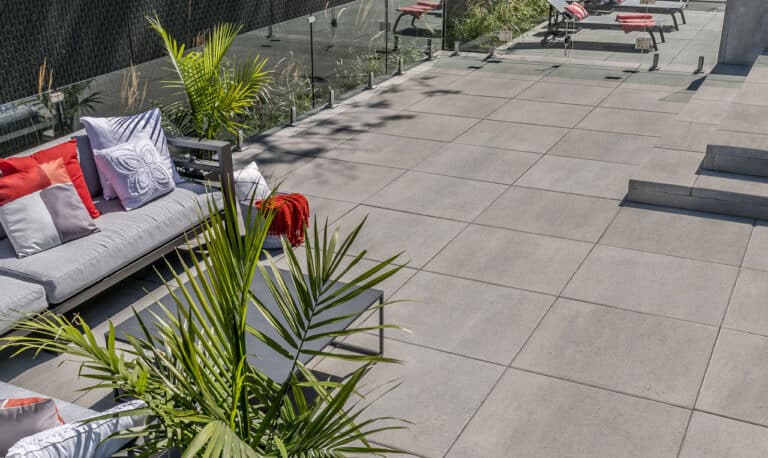 Proper preparation of your paver surface is essential before starting the cleaning process. Maintaining the paver’s seal during preparation is crucial to prevent damage. Effective preparation ensures an efficient cleaning process and protects the surface from potential damage. Removing obstacles like furniture and plants creates a clean workspace, facilitating effective paver cleaning. This not only allows for easier access but also reduces the risk of damaging surrounding objects.
Proper preparation of your paver surface is essential before starting the cleaning process. Maintaining the paver’s seal during preparation is crucial to prevent damage. Effective preparation ensures an efficient cleaning process and protects the surface from potential damage. Removing obstacles like furniture and plants creates a clean workspace, facilitating effective paver cleaning. This not only allows for easier access but also reduces the risk of damaging surrounding objects.
A clean and clear patio paver surface prevents missed spots and enhances the overall cleaning process. Removing organic materials, such as leaves and other debris, is necessary to prevent stains. Following these initial steps sets the stage for a thorough cleaning session, ensuring your patio pavers look their best.
Clear the Area
Begin by removing all furniture, potted plants, and other items from the paver surface, which facilitates easier access and prevents obstructions. Removing outdoor furniture also helps prevent rust stains on the pavers. Clearing the area ensures you can address every nook and cranny of your patio pavers effectively.
This step creates a safer and more efficient workspace.
Sweep and Inspect
Next, thoroughly sweep the pavers to remove loose dirt and debris. Sweeping helps remove organic debris, which can cause stains if left on the pavers. This prepares the surface for thorough cleaning and allows you to inspect for any damage or persistent stains that may require special attention.
Thorough sweeping eliminates loose debris and helps identify areas needing more intense cleaning methods.
Removing Weeds and Vegetation from Paver Joints
Weeds and vegetation can quickly become an eyesore and even damage the structural integrity of your pavers. Removing them from the paver joints is essential in routine patio paver maintenance. Whether your pavers are concrete patio pavers or natural paving stones, keeping the joints clean enhances their appearance and longevity.
Manual removal and the use of weed killers are effective methods for tackling this issue. Combining both approaches keeps your paver surface pristine and free of unsightly vegetation.
Manual Removal
Manual weed removal is often the most straightforward method. Tools like flathead screwdrivers and specialized weeding tools, such as crack weeders, can efficiently remove weeds without disturbing the surrounding pavers. Pull weeds when the soil is moist for easier removal of the entire weed, including its roots.
A trowel or similar tool can effectively pry out stubborn weeds from the paver joints.
Weed Killers
To achieve longer-lasting results, use weed killers. Selective herbicides can target specific weeds while leaving nearby plants unharmed. Liquid weed killers can penetrate deep into the soil, targeting the roots and preventing regrowth.
Carefully follow the application instructions to ensure safe and effective use on your pavers. This helps prevent discolor concrete pavers and protects surrounding plants.
Washing and Scrubbing Your Pavers
After clearing the area and removing weeds, proceed to wash and scrub your pavers using a mild degreasing dish detergent as an effective cleaning solution. This step is crucial for removing dirt and stains that regular sweeping can’t handle. Concrete pavers are porous and can absorb various stains, so using appropriate cleaning techniques tailored to different stains is crucial.
The process involves three main steps: rinsing with water, applying a cleaning solution, and gently scrubbing. It is important to use a stiff-bristled scrub brush to clean effectively without damaging the pavers. Each step is designed to ensure that your pavers are thoroughly cleaned without causing damage.
Rinse with Water
Start by thoroughly saturating the pavers wet with water. This helps loosen dirt and grime, making it easier to clean the surface. Use a garden hose to thoroughly wet the paver surface before applying any cleaning solution. This initial rinse prepares the pavers for the subsequent cleaning steps.
Apply Cleaning Solution
Next, apply a gentle, non-acidic cleaning solution to the pavers. A mixture of warm water and mild degreasing dish detergent is effective and safe for cleaning concrete pavers. This homemade solution is recommended for its ability to clean without damaging the paver surface.
Distribute the cleaning solution evenly over the paver surface for the best results.
Gently Scrub
Using a stiff-bristled scrub brush, gently scrub the pavers to remove dirt and stains. A stiff-bristled scrub brush avoids scratching the surface of the pavers and prevents damage to any sealants applied. This step is crucial for effectively cleaning the pavers without causing damage.
Thoroughly rinse the area with water after scrubbing to remove any remaining cleaning solution and debris.
Deep Cleaning Methods for Tough Stains
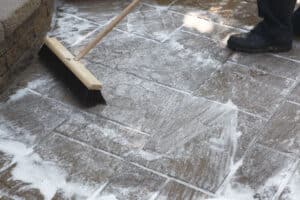
Certain stains can be particularly stubborn and may require more intense cleaning methods despite regular maintenance. Promptly removing tough stains, such as oil, rust, and organic debris, is crucial to maintaining the appearance and integrity of your concrete pavers. Oil, rust, and mildew stains can penetrate the seal of concrete pavers, necessitating specific cleaning solutions tailored to each type of stain. Promptly addressing these stains keeps your paver surface clean and visually appealing.
Different types of stains require different approaches to eliminate stains quickly. The right stain removers and techniques significantly enhance the effectiveness of your cleaning efforts. Additionally, it is important to safely remove efflorescence using non-acidic cleaning solutions to preserve the pavers’ integrity.
Oil Stains
Oil stains can be particularly challenging to remove. Mild degreasing dish detergent can be used as an effective cleaning solution for oil stains. Use specially formulated cleaning solutions for oil and grease stains on pavers. Gently scrub the stained area using a stiff-bristled brush to avoid damaging the surface while effectively removing the oil stains.
Thoroughly rinse the area with water to remove all cleaning solution residues and loosened stains.
Rust Stains
Carefully select cleaning solutions for rust stains to avoid damaging the paver surface. Non-acidic rust removers are effective for treating rust stains on concrete pavers. These removers protect the integrity of manmade stone surfaces while eliminating rust stains, but muriatic acid should be avoided as it can damage the paver surface.
Follow the product instructions for the best results.
Mildew Stains
Effective cleaning methods are necessary to remove mildew stains that accumulate on paver surfaces. To combine warm water with a gentle cleaner is effective for removing mildew stains without causing harm to the surface.
This method thoroughly cleans the clean pavers without causing damage.
Pressure Washing Your Patio Pavers
Pressure washing is an effective way to pressure wash patio pavers with a pressure washer, but it requires proper technique and safety precautions. It is crucial to maintain the paver’s seal during this process to prevent staining and preserve the appearance of the pavers. The right pressure settings and attachments achieve uniform cleaning results without damaging the pavers or their joints. Thoroughly rinse pavers with water before applying any cleaning solution to prevent chemical reactions.
Test the cleaning method on a small area first to prevent unintended damage during the pressure washing process. Avoid using a wire bristle brush as it can scratch the surface and damage any sealants applied to the pavers. This ensures your cleaning efforts are both effective and safe.
Proper Technique
Maintaining a safe distance while pressure washing avoids damaging paver joints and surfaces. Keeping at least 24 inches between the nozzle and the paver surface helps prevent erosion and chipping.
Using a surface washer attachment can provide more consistent cleaning results across the stone like surfaces of your pavers when using power washer machines.
Safety Tips
High-pressure settings and abrasive wire bristles can scratch or erode the surface of the pavers, so avoid using them. Be cautious while cleaning pavers to maintain their appearance and integrity.
Following these safety tips ensures that your paver surfaces are cleaned effectively without causing damage.
Sealing and Maintaining Your Pavers
Sealing and routine maintenance preserve the appearance and longevity of your pavers. Ensuring that outdoor furniture, particularly wrought iron, remains properly sealed is crucial to prevent rust stains on the pavers. Applying a sealant enhances the visual appeal of pavers and offers protection against environmental damage. Proper cleaning and maintenance enhance the durability and safety of pavers, keeping them in excellent condition over time.
Routine maintenance involves sweeping, rinsing, and resealing pavers every few years as part of your diy upkeep. This practice maintains their protective barrier and aesthetic quality.
Importance of Sealing
Applying a sealant protects pavers from environmental elements, prolonging their life and maintaining their aesthetic appeal. The paver’s seal serves as the first line of defense against stains and weathering. Sealants that penetrate deeply into the surface of pavers offer better protection against weathering, and a paver’s seal can enhance this defense against staining.
Enhanced sealers improve color saturation and prevent stains from permeating the sealed paver.
Recommended Sealants
Enhance Architectural Products offers various sealants that provide resistance to staining and harsh weather conditions. These sealants protect outdoor living spaces and wood decks from damage caused by environmental factors and staining from spills, ensuring a protective seal against the elements. Additionally, they can be paired with architectural products concrete cleaners to enhance architectural products line for optimal maintenance.
SuperSeal25, for example, creates a semi-gloss finish that enriches the colors of the pavers while providing long-lasting protection.
Routine Maintenance
Routine patio paver maintenance keeps your outdoor pavers and paver stones in top condition. Regular sweeping and rinsing help preserve their appearance and structural integrity. It is also important to remove leaves and other organic materials to prevent stains.
Clean and reseal outdoor concrete pavers every three to five years to maintain their aesthetic and structural integrity. This routine care includes sweeping, rinsing, and resealing to ensure that the clean concrete pavers remain in good condition, especially for a concrete paver installation.
Professional Paver Cleaning Services
Many homeowners take pride in DIY paver cleaning, but sometimes professional help is needed. Using stain resistant concrete pavers can make maintenance easier and more efficient. Professional cleaners have specialized knowledge and equipment that ensures efficient and thorough cleaning of your paver surfaces. Peacock pavers, known for their visual appeal and low-maintenance benefits, are also a great option. Hiring professionals can help maintain the seal and appearance of pavers, prolonging their lifespan.
When choosing a cleaning service, look for reliable reviews and competitive rates. Professional cleaning enhances the appearance of pavers and extends their lifespan through proper maintenance.
Benefits of Professional Cleaning
Experts in paver cleaning avoid damaging the paver surface, preserving its integrity and appearance over time. Peacock pavers love is often highlighted for its aesthetic appeal and ease of maintenance, making it a popular choice for those seeking attractive and low-maintenance paving options. They use specially formulated concrete cleaners and appropriate paver cleaner solutions that ensure a more thorough cleaning without causing damage.
Hiring professional cleaners ensures your pavers are maintained effectively and efficiently, saving you time and effort.
Choosing the Right Service
Choosing the right paver cleaning service involves a few key considerations. A reliable service provides a detailed quote, allowing you to understand the costs involved upfront. Request quotes from multiple providers to ensure you get a fair price for the cleaning services.
Look for companies with positive reviews and a proven track record in paver maintenance.
Summary
Maintaining clean pavers is an essential part of preserving the beauty and functionality of your outdoor spaces. From preparing the surface to removing weeds and tackling tough stains, each step plays a crucial role in ensuring your pavers remain in top condition. Regular cleaning and maintenance, along with the application of sealants, can significantly extend the life of your pavers and enhance their appearance.
By following this ultimate guide, you’re well-equipped to handle the cleaning and maintenance of your pavers, whether you choose to do it yourself or hire professionals. Remember, routine maintenance is key to keeping your pavers looking pristine year-round. Take pride in your outdoor space and enjoy the benefits of well-maintained pavers.
Frequently Asked Questions
How often should I clean my pavers?** **?
Cleaning your pavers at least once a year is essential, along with spot cleaning as needed for specific stains and debris. This routine will help maintain their appearance and longevity.
Can I use a pressure washer on my pavers?** **?
Yes, you can use a pressure washer on your pavers, but be sure to adjust the pressure settings and technique appropriately to prevent damage to the surface and joints.
What type of cleaning solution should I use for my pavers?** **?
You should use a gentle, non-acidic cleaning solution, like a mixture of warm water and mild degreasing dish detergent, to effectively clean your pavers without causing damage. This approach ensures the longevity and appearance of your pavers.
How can I prevent weeds from growing between my pavers?** **?
To effectively prevent weeds from growing between your pavers, consider sealing them to inhibit weed growth and minimize moss buildup. This will also help maintain the integrity of the joint sand.
Should I hire a professional for paver cleaning?** **?
Hiring a professional for paver cleaning is advisable due to their expertise and specialized equipment, which ensures a more efficient and thorough job. It can ultimately save you time and achieve better results.

